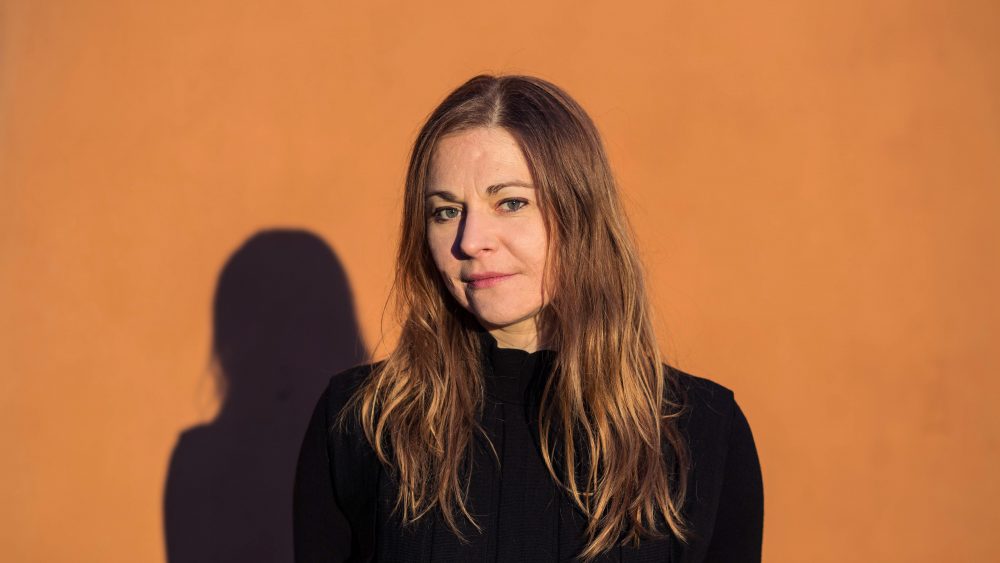Ethnologist, doctoral student and author are three words that describe alumna Linda Sturesson. In April earlier this year she released her debut novel Diskvalificering av det positiva (Disqualification of the positive), a feel-bad novel with room for humour amidst all the grief. Lundensaren took the opportunity to ask the author a few questions about the book, the writing process and balancing a doctoral studentship with being an author.
Tell us a bit about your novel. What is Diskvalificering av det positiva about?
– Diskvalificiering av det positiva is about Alexandra who rather reluctantly has been diagnosed with bipolar disorder. She reaches out to a patient association for people with psychiatric diagnoses, which at the same time is organising a writing course. In the writing course, participants with ambitions to become authors as well as psychiatric diagnoses come together. The participants turn the meetings into therapy sessions to Alexandra’s annoyance. Alongside Alexandra and the writing course, the reader is able to follow a young girl born in post-war Warsaw, who is taken to a children’s home. After a few years she is returned home and her life transforms into a nightmare.
Where did the idea for the novel come from?
– There were several events. On the one hand, I happened to hear a conversation between two young women who were saying that they wanted a specific diagnosis confirmed before they went on to university studies because they believed it would give them certain advantages. On the other hand, I have personal experience of anxiety and depression. I am interested in matters concerning mental health issues, how they are managed and how they arise, medication, an individual’s responsibility for their wellbeing, the need for diagnoses and labelling as well as how trauma may be inherited.
In addition to being an author, you are also a doctoral student at Karolinska Institutet. Is it hard to find a balance between your writing and your work there?
– Yes, sometimes it is hard to find a balance. My work involves a lot of reading, analysing and writing and I can become very focused on my work, which can make it difficult to redirect my thoughts to my literary texts. During intensive writing periods at work, I sometimes cannot even think about my manuscripts that are waiting for me. If I am writing a lot at work, I do less writing at home. That might be a shame, however, I think all writing is fun and challenging, irrespective of whether it is scientific or literary.
You also have a Master’s degree in Ethnology from Lund University. What have your studies meant for you as an author?
– It has meant an awful lot. I do not think I would have received a book contract without the additional dimensions that my background in ethnology has given me. As an example, with my background, I have been able to twist and turn things and examine issues that interest me and been able to do that between the lines. Generally, I think my studies in ethnology, and my research studies as well, have meant that my descriptions of environments and characters are not so value-loaded, instead they are more concise and matter-of-fact.”
Finally, do you have any advice for other alumni who dream about writing a novel?
– One tip is to dig beneath your feet. Try to find material for your texts in yourself or your own surroundings. Another piece of advice is to read and write about everything, either during the writing process or when you think that you are finished with the manuscript. Sometimes it is necessary to rewrite a text many times. Furthermore, you should not think about the fact that the novel is going to be read by someone else, because then the story may be limited to what you believe others will accept. The risk is that the story may then lose some of its soul.

